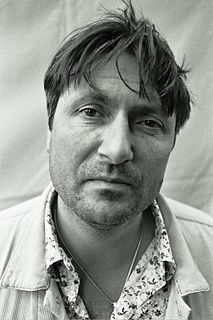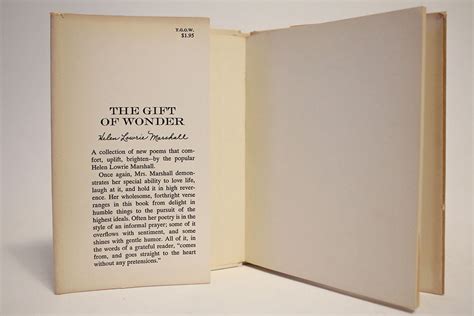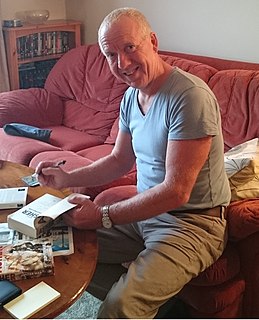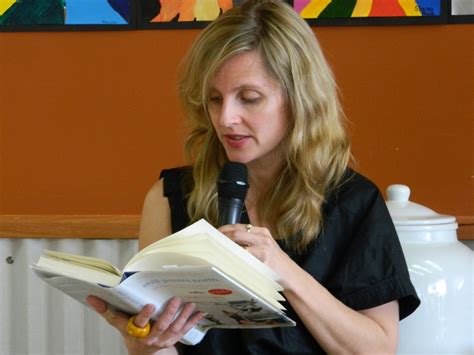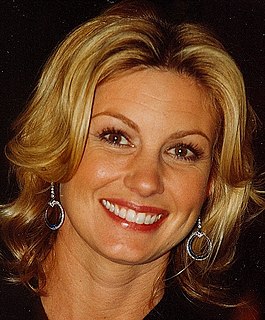A Quote by Simon Armitage
I have to make myself write, sometimes. In the space between poems, you somehow forget how to do it, where to begin. It was good to be task - based for a while. I just came downstairs each day, picked the one I was going to do that day, and wrote.
Related Quotes
I've never forgotten a word of advice my father gave to me. 'Never lose sight of your dream,' he said 'Of that person you want to be. You can make it come true, No matter how high or how far, If all down the way In your living each day, You never forget who you are.' 'For the you-that-you-are this minute, this day; Is molding the you-that-will-be, And every action and thought and word is shaping its entity.' 'It's a good thing,' he said 'To look on ahead and fix your gaze on a star, if along the way in your living each day you never forget who you are.
If you're really a good writer and deserve that honored position, then by God, you'll write, and you'll be read, and you'll be produced somehow. It just works that way. If you're just a simple ordinary day-to-day craftsman, no different than most, then the likelihood is that you probably won't make it in writing.
When I get started each day, I read through and correct the previous day's 2,000 words, then start on the next. As I reach that figure, I try to simply stop and not go on until reaching a natural break. If you just stop while you know what you're going to write next, it's easier to get going again the next day.
Left to it's own devices, writing is like weather. It has a drama, a form, a force to it that shapes the day. Just as good rain clears the air, a good writing day clears the psyche. There is something very right about simply letting yourself write. And the way to do that is to begin, to begin where you are.
I write a little plan for the day. I write down what time I need to get up to go to the race, just so I'm organised in my mind. That way all I have to focus on during the day is the race, not how I'm going to get there. When you're training it's good to know what you're doing every day. You need to have a plan.
It's rare that I'll write lyrics first. If I come up with some good lyrics, I'll write them down and try to use them later. If I come up with a song title, sometimes I'll write a song based on that. Sometimes, I'll make a whole band out of it. I don't really have a process, per se. I just keep going and going and going. Every free minute I have I'm working.
I begin early in the morning and edit everything I wrote the previous day. I write until mid-afternoon. My goal is to write a chapter per week, and if I am not finished by Friday, I write on the weekend. I get a lot of fan emails and answer them every day. In the late afternoon, I attend to the business of publishing, etc.
Many years ago, I was actually hired to write the sequel to 'Independence Day.' And I wrote a sequel. And they paid me a boatload of money to go write this thing. And after I wrote it, I read it and I gave them back the money and I said, 'Look, this is an okay movie I just wrote. But it's not worthy of the sequel to 'Independence Day.'
